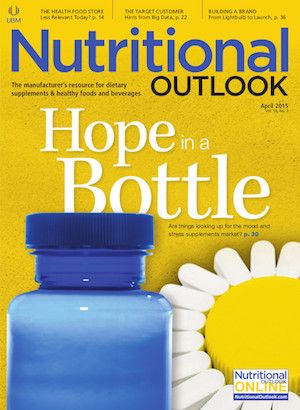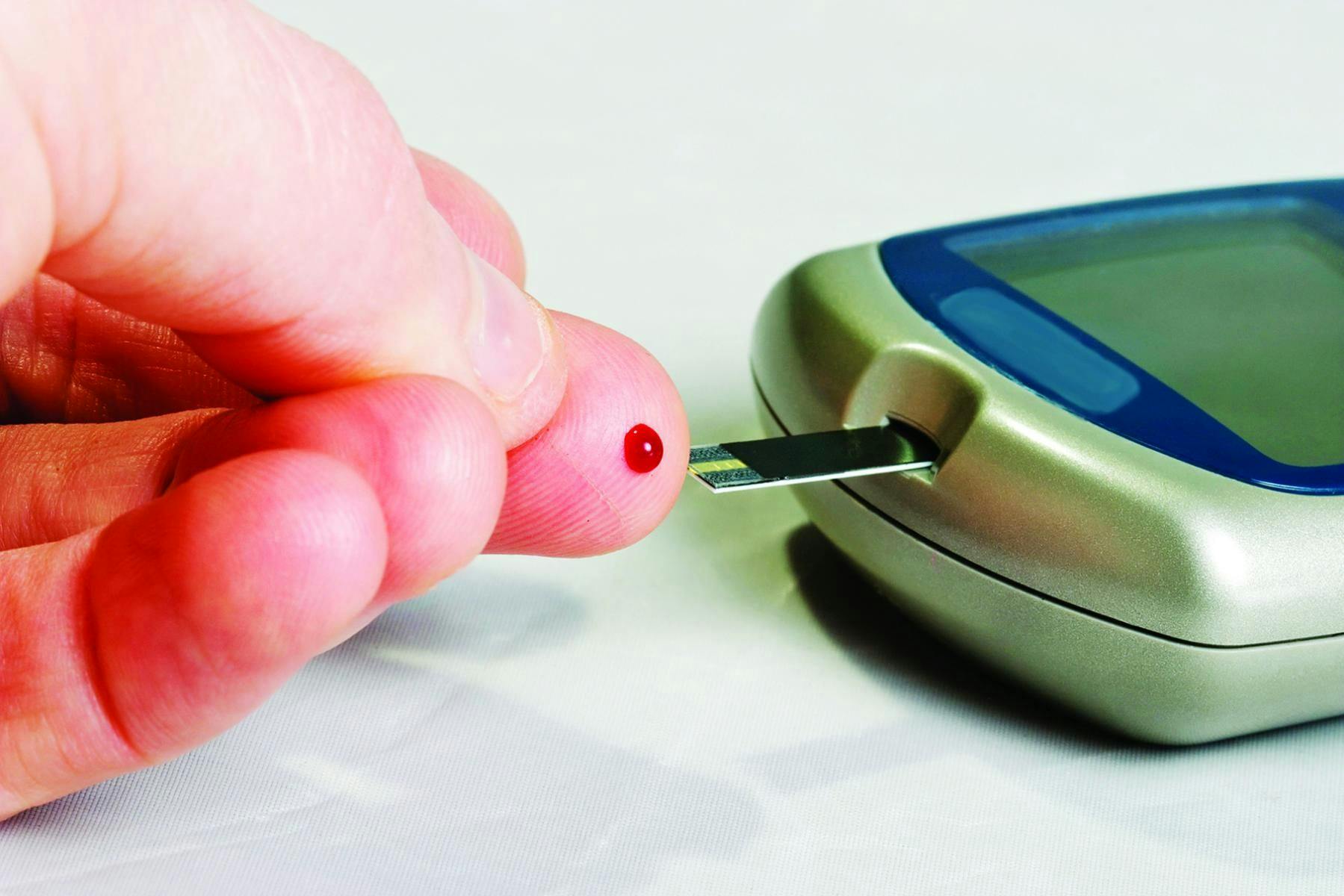Are Health Food Stores Losing Relevance?
With so many shopping channels out there, is the health food store still relevant?
Watching sales trends in nutritional supplements is always great theater. The ebbs and flows in response to media flashes on studies either indicting or vindicating supplement claims and use are enough to leave anyone’s head spinning. And how about the swinging-pendulum debate over supplementation versus diet and which is the best way for consumers to optimize nutrition?
When the dust clears and we cut through the noise by looking at the data, IRI sees the following:
- Nutritional supplement sales are growing-faster in years when innovative products are introduced.
- To get their vitamins and minerals, consumers are increasingly using meal replacements versus traditional delivery systems like tablets, capsules, etc.
- Shifts are beginning to show in the data in terms of where consumers buy their supplements-and portend changes to come.
Consumers Are Buying Supplements-but Less So in Health Food Stores Lately
Despite the very nature of the category, health and vitamin stores-referred to collectively as health food stores-have seen declining sales since 2011, an outcome of a dwindling shopper base. Why? IRI believes that consumers are relying less often on the resources these specialized stores provide, for a few reasons.
Traditionally, health food stores were the first retail outlet where supplement manufacturers chose to debut new products because the store owners or managers were steeped in the knowledge required to teach consumers about the value of using those supplements, thus encouraging shoppers to try a product. In addition, because these stores specialize in supplements and health items, retailers purposefully sought a broad product selection, throwing the door open to a broader group of manufacturers.
Enter the Internet, which provides consumers easy access to information about nutrition and nutritional products, wherever they are. Today’s consumers are willing to do their own online research before even setting foot in a brick-and-mortar store. They can also get and take heed of product ratings online and in social media-something consumers put a lot of stock in. As a result, health food stores’ main reason for being is rapidly diminishing. Navigating what used to be a complex category of products has become easier. Many consumers do not require or make use of the advisory and educational role once owned by the health food store. Further, consumers can shop the Internet for a broader array of products than can be found in most health food stores.
Competition Growing from Other Channels
The growth of the health food “store-in-a-store” concept at Wegmans, Whole Foods Market, and select stores within drug and mass chains is also accelerating consumer flight from the quintessential health food store to these more convenient outlets which offer one-stop shopping. Consumers shop there after conducting their own product research. Customary channels such as Walmart, grocery, and drug and mass today make up approximately 70% of category dollar sales, IRI data show. (See Figure 1 above.)
Though relatively small in size, sales of nutritional supplements through the Internet and dollar stores/value stores are also rapidly growing, underscoring convenience and value as key consumer needs.
Speaking of dollar stores/value chains, the story here, although still from a small base, is about the new frugality exhibited by consumers post-economic breakdown of 2008. As consumers increasingly gravitate to the value chains as their main “go to” stores, they will expect to find and are open to buying products like supplements from those stores. IRI is seeing this trend not only for supplements but for other over-the-counter healthcare items as well. The trick here is to provide the supplement product at the right price point.
Consumers Will Continue to Cross Over
IRI believes that the shift in sales from traditional outlets like health food stores to mass, Internet, and value chains will continue. Consumers are expected to get even more comfortable and accustomed to the convenience of researching and shopping online for regimen products like supplements. And as the practices of the value-conscious shopper continue to be “fashionable” as well as necessary for some, such consumers will be open to purchasing supplements in dollar store outlets to an increasing degree.
To some extent, IRI believes the health food store still plays an educational role. In IRI’s recent focus group sessions, consumers spoke of stopping by their local health food store to learn about a product and perhaps even buy it there the first time. But once the product becomes part of the consumer’s supplement regimen, they look to buy succeeding supplies based on price and convenience. To encourage repeat purchases and combat crossover to other channels, brick-and-mortar health food stores going forward will need to battle the challenge of getting the consumer to interact beyond just “showrooming”-that is, browsing, not buying.
Also read: What Supplements Are Customers Buying? More than Just Multis...
Robert Sanders, executive vice president and Healthcare Practice Leader for IRI, brings more than 30 years’ experience to the marketplace, sets the strategic initiatives for IRI’s Home and Healthcare Practice, and is a frequent keynote speaker at healthcare industry events.
Photo © iStockphoto.com/Danilin

Prinova acquires Aplinova to further increase its footprint in Latin America
April 7th 2025Prinova has recently announced the acquisition of Brazilian ingredients distributor Aplinova, which is a provider of specialty ingredients for a range of market segments that include food, beverage, supplements, and personal care.




















